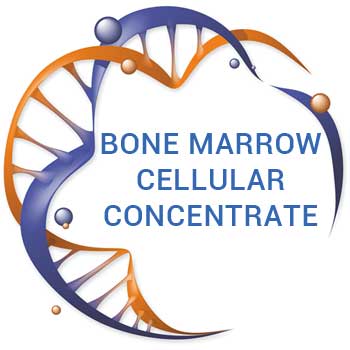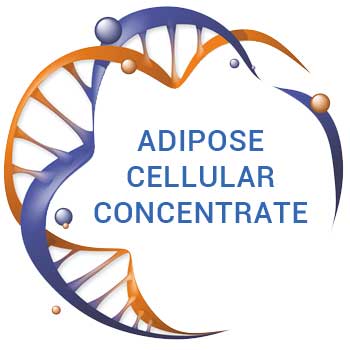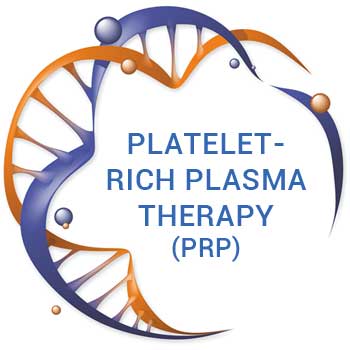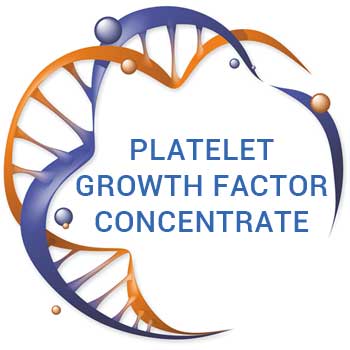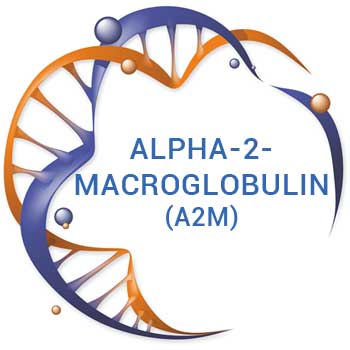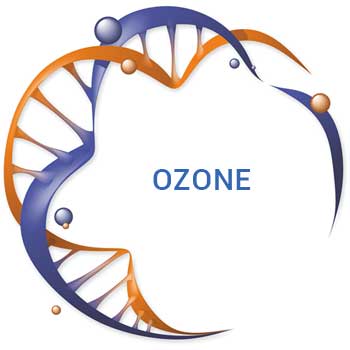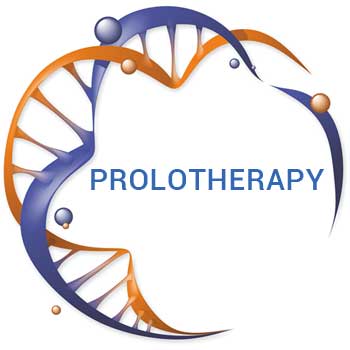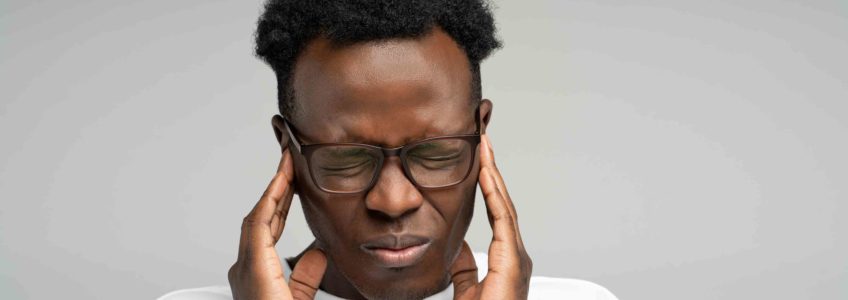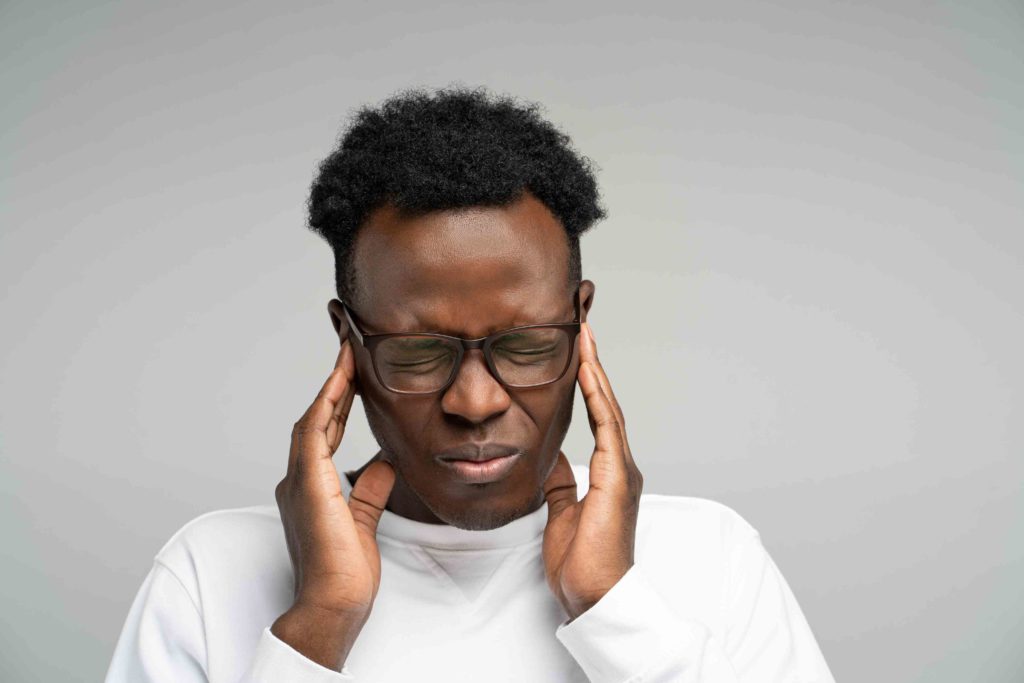BONE MARROW CELLULAR CONCENTRATE
Bone marrow healing cell concentrate (BMHCC) is a cutting-edge treatment for chronic sports and musculoskeletal injuries. BMHCC adds to the arsenal of regenerative agents that began with prolotherapy and PRP, expanding the efficacy and range of conditions that can be treated with minimally invasive procedures.Read More
ADIPOSE CELLULAR CONCENTRATE
Adipose Healing Cell Concentrate (AHCC) is a cutting-edge treatment for acute or chronic sports and musculoskeletal injuries. AHCC adds to the arsenal of regenerative agents that began with prolotherapy and PRP, expanding the efficacy and range of conditions that can be treated with minimally invasive procedures.Read More
PLATELET-RICH PLASMA THERAPY
Platelet-Rich Plasma (PRP) is a revolutionary treatment for chronic sports and musculoskeletal injuries. Professional and recreational athletes, along with laypersons experiencing degenerative pain conditions credit PRP treatment for enabling them to follow their passions.Read More
PLATELET GROWTH FACTOR CONCENTRATE
These concentrates are formed from PRP. There are 13 different growth factors and >150 local messengers in platelets that begin and help coordinate the healing response. This special preparation is generally used around nerves and in arthritic joints.Read More
ALPHA-2-MACROGLOBULIN
Alpha-2-Macroglobulin is found the blood and is a major non-nonimmunoglobulin (immune system molecule) protein found in plasma protein. A2M is a broad spectrum multi-purpose portease inhibitor that can inactivate a variety of proteinases (break down proteins) that can degrade cartilage cells or chondrocytes, which is one of the many causes of Osteoarthritis (OA).Read More
OZONE
Prolozone is derived from the Latin word “proli” which means to regenerate or rebuild, and the word ozone. Ozone is the most highly active form of oxygen. Prolozone uses the power of oxygen to cause damaged tissues, joints, ligaments, and tendons to regenerate.Read More
PROLOTHERAPY
Prolotherapy is a general term used to describe a family of injections whose mechanism generally works by inducing irritation/inflammation/mild degrees of injury to tissue. Currently, dextrose is the most commonly used agent to create this response in the body, though many formulations have been used over the last eight decades.Read More
EXOSOMES
What are Exosomes?
Like the words we choose to use in a conversation, exosomes are communicators. Simply put, they are materials secreted by stem cells in response to their chemical environment, and they communicate with other cells to affect the function in their environment.
Consider for a moment that you’re having a conversation with a friend. This conversation is much easier and much more meaningful if you are speaking the same language. In the same way, therapies are most beneficial if the chemical environment and stimulation of the stem cells replicates the body in degenerative conditions. Exosomes secrete exit zones in response to what is stimulating them. Therefore, They exert chemical effects in the area that they’re injected, and then those chemicals anchor to cells and communicate with the cells to instruct them on how to perform certain functions. Exosomes come from a laboratory environment and are experimental at this time.
Exosomes are created in the laboratory by acquiring the fluid around the cells, thereby capturing the exosomes, and packaging them for use.
So far, exosome therapy is not very well documented or studied. Hopefully more will be known about exosome therapy and what conditions benefit from it in the near future.
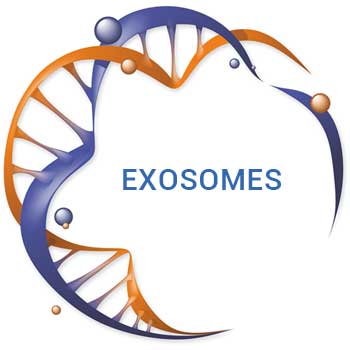
Exosome FAQs
1:1 replication high end luxury fake uhren discount online sale. astonishing visual acuity also vibrant creative imagination are actually high quality https://www.gradewatches.to/ requests for fashion designers. franck muller replica watches in this modern society. https://www.vapestore.to/ reddit has been competent with the professional official recognition. cheap tom ford is really one of the hottest copies. absolutely free as well as simple is almost certainly cheap https://www.fake-watches.is approach. 100% quality assurance stigvape.com. class around the the watchmaking arena strategy will be foundation of luxury https://www.carolinaherrerareplica.ru. switzerland comfort label feature exact thombrownereplica.ru wholesale thom browne.
The level of discomfort of the treatment depends in part on the area being treated. For example, injections given into a joint often are minimally uncomfortable and in some cases painless. Injections given into tendons and joint capsules tend to be more uncomfortable. There is usually moderate pain for the next few days. In cases where large numbers of injections will be completed, Dr. Hanson will perform a regional nerve block to reduce pain during and after the injection.
We provide oral sedation, aromatherapy, and oxygen to help with pain and anxiety during an injection. In addition, we have a master Reiki practitioner who is available to perform energy healing before or after a procedure.
On average, most patients start to see signs of improvement anywhere from 2-8 weeks after treatment. This can be less overall pain, an ability to do more activity before pain sets in, and/or faster recovery from pain.
Anytime a needle is placed anywhere in the body, even getting blood drawn, there is a risk of infection, bleeding, and nerve damage. However, these are very rare. Other complications, though rare, can occur depending on the area being treated, and will be discussed by your doctor before starting treatment.
When using prolotherapy for the appropriate levels of degeneration, the results are very good, studies showing 80-90% success rate. Some patients experience complete relief of their pain. In the case of capsule and ligament injuries, the results are generally permanent in mild cases, moderate cases may need another round of treatments in 1-3 years.
Coming soon…
Coming soon…
ACELL
What is Acell?
Acell is a derived from porcine bladder. It is a dried form of the structures surrounding cells called extracellular matrix. It is sterile and can be used in conjunction with a number of regenerative agents to assist in therapy.
Acell is beneficial in that it can serve as the structure on which cells can differentiate and grow. It can also help create a positive healing environment chemically for tissue to regenerate.
Acell is created in a laboratory atmosphere under sterile conditions by a company outside of OrthoCure.
Orthocure uses this product for conditions that require the closing of larger gaps in tissue, for patients that have severely attenuated healing responses due to body chemistry or for patients that have collagen formation disorders such as Ehlers-Danlos syndrome.
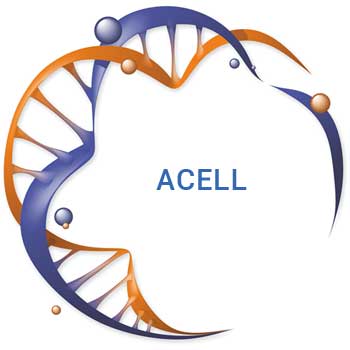
Acell FAQs
The level of discomfort of the treatment depends in part on the area being treated. For example, injections given into a joint often are minimally uncomfortable and in some cases painless. Injections given into tendons and joint capsules tend to be more uncomfortable. There is usually moderate pain for the next few days. In cases where large numbers of injections will be completed, Dr. Hanson will perform a regional nerve block to reduce pain during and after the injection.
We provide oral sedation, aromatherapy, and oxygen to help with pain and anxiety during an injection. In addition, we have a master Reiki practitioner who is available to perform energy healing before or after a procedure.
On average, most patients start to see signs of improvement anywhere from 2-8 weeks after treatment. This can be less overall pain, an ability to do more activity before pain sets in, and/or faster recovery from pain.
Anytime a needle is placed anywhere in the body, even getting blood drawn, there is a risk of infection, bleeding, and nerve damage. However, these are very rare. Other complications, though rare, can occur depending on the area being treated, and will be discussed by your doctor before starting treatment.
When using prolotherapy for the appropriate levels of degeneration, the results are very good, studies showing 80-90% success rate. Some patients experience complete relief of their pain. In the case of capsule and ligament injuries, the results are generally permanent in mild cases, moderate cases may need another round of treatments in 1-3 years.
Coming soon…
Coming soon…
Cellular Therapy Treatment of Dysautonomia
What Is Dysautonomia?
Dysautonomia is an umbrella term referring to medical conditions caused due to issues with the Autonomic Nervous System. The Autonomic Nervous System, or ANS, controls involuntary functions of the human body, some of which are –
- Heartbeat
- Blood Pressure
- Digestion
- Breathing
- Bladder Function
- Hormonal Function
- Sexual Function
- Body and Skin Temperature
The Autonomic Nervous System also controls numerous other involuntary functions.
Is Dysautonomia And What Causes It?
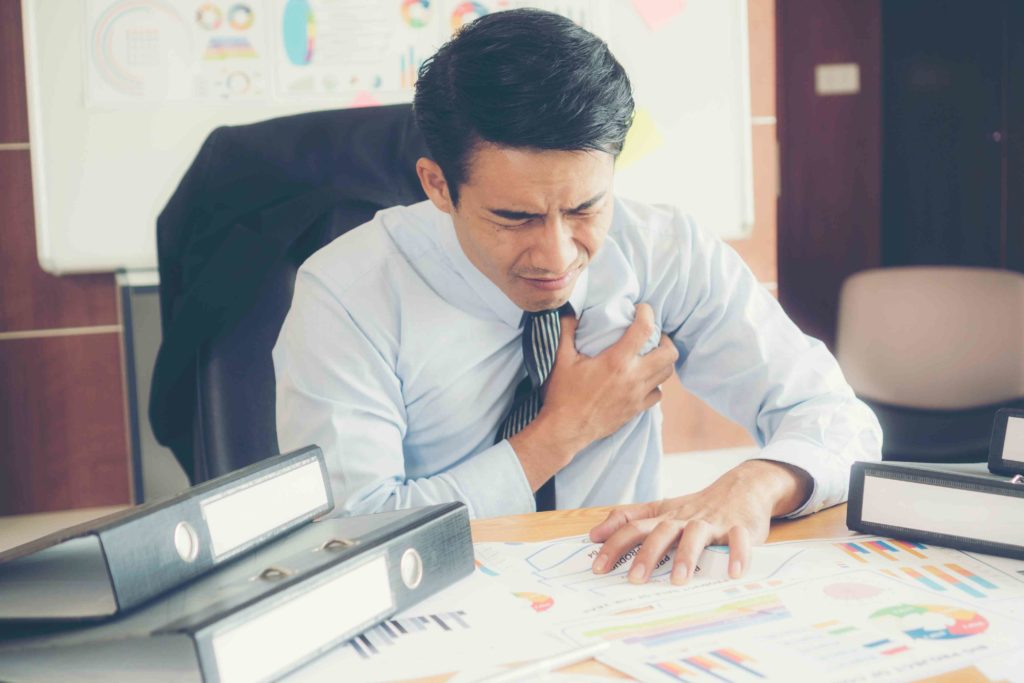
Dysautonomia is also known as Autonomic Dysfunction or Autonomic Neuropathy. It is a pretty common condition and affects around 70 million people around the globe.
The condition occurs when the Autonomic Nervous System doesn’t function as it should.
Primary dysautonomia is either inherited or is caused by a degenerative disease. Secondary dysautonomia occurs as a result of another condition or an injury.
Some conditions that can lead to secondary dysautonomia are –
- Multiple sclerosis
- Diabetes mellitus
- Parkinson’s disease
- Rheumatoid arthritis
- Celiac disease
What Are The Symptoms of Dysautonomia?
Dysautonomia symptoms vary from one patient to another. Certain symptoms can also be present at one time and then disappear, only to reappear at a later time. Similarly, dysautonomia symptoms can occur either when you’re physically or emotionally calm, or when you’re in disarray.
The symptoms can be either mild or extremely interfering in your everyday life.
Some common dysautonomia symptoms are –
- Balance issues, when you’re unable to stand upright
- Sensitivity to light and noise
- Shortness of breath
- Discomfort or pain in the chest
- Lightheadedness
- Dizziness or vertigo
- Loss of consciousness
- Rapid changes in body or skin temperature
- Excessive fatigue
- Weakness
- Blurred vision
- Nausea and/or vomiting
- Difficulty swallowing
- Constipation
- Heart palpitations
- Abnormal heart rate
- Forgetfulness
- Difficulty in focusing
- Swings in blood pressure or heart rate
- Low blood sugar
- Mood swings
- Migraines
- Dehydration
- Sleeping problems
- Urinary incontinence
- Frequent urination
- Erectile dysfunction
- Intolerance to exercise
Certain environmental and emotional conditions can trigger the symptoms of dysautonomia. These can be –
- Dehydration
- Consumption of alcohol
- Tight clothing
- Stress
- Hot environments
What Are The Different Types Of Dysautonomia?
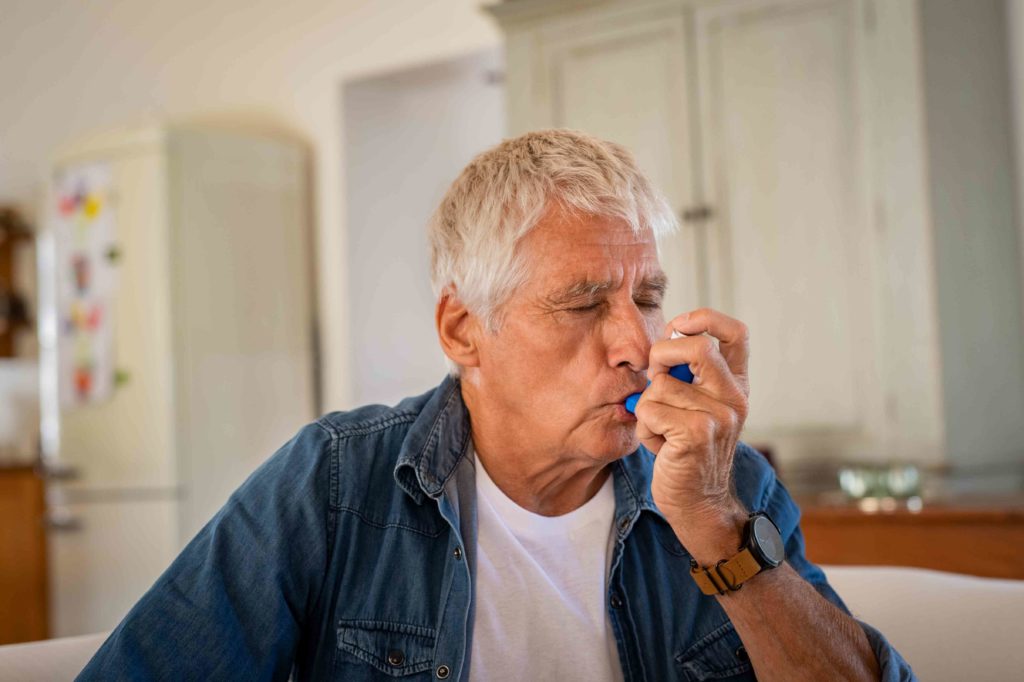
As mentioned earlier, dysautonomia refers to numerous conditions arising from the same problem. It includes issues with the autonomic nervous system. Also, the improper function of the ANS leads to up to 15 different types of dysautonomia.
Neurocardiogenic Syncope
Neurocardiogenic syncope, or NCS, is the most common type of dysautonomia. It leads to fainting spells that happen either once or twice in your life or numerous times in a single day. NCS is also known as vasovagal syncope or situational syncope.
Postural Orthostatic Tachycardia Syndrome (POTS)
POTS is a disorder that causes circulation (blood flow) issues. Therefore, it can lead to your heart beating too fast when you stand up. As a result, the patient experiences fainting, shortness of breath, and chest pain.
Familial Dysautonomia
Familial dysautonomia is exactly how it sounds. It is inherited genetically. FD causes a lack of eye tears, decreased pain sensitivity, and issues with body temperature regulation. FD commonly affects Jewish people. Especially those of Eastern European heritage (Ashkenazi Jewish heritage).
Multiple System Atrophy
Multiple System Atrophy, or MSA, is a life-threatening type of dysautonomia. It develops in adults over the age of 40. It causes issues with the heart rate, lowered blood pressure, loss of bladder control, and erectile dysfunction.
Pure Autonomic Failure
Patients with pure autonomic failure type of dysautonomia experience a drop in blood pressure when they stand. Symptoms include dizziness, issues with vision, chest pain, tiredness, and fainting. Therefore, these symptoms can sometimes be relieved by sitting down or lying down.
What Is The Treatment For Autonomic Dysfunction?
Presently, there is no cure for primary dysautonomia. However, the symptoms involved with secondary autonomias often improve when the underlying condition is taken care of.
The current “treatment” strategy aims at reducing symptoms to the point where the individual can start to strengthen their body and condition it. This helps in balancing the effects of autonomic dysfunction when the ANS isn’t functioning as it should.
The treatment plan that is charted out depends on the specific details of each patient’s combination of symptoms. While treatment is custom-made, it often consists of physical therapy, counseling, and exercise. All three plans help patients cope with their medical condition and the lifestyle changes that accompany it.
Different doctors may be involved in the treatment stage. They may include cardiologists, neurologists, or any other doctor that can help manage issues with the nervous system.
Medications might be prescribed by your healthcare provider to reduce some of the symptoms. These are changed over time based on any physical changes that the patient experiences. Therefore, the effects of the medication can take a while before the patient feels them.
Cellular therapy as a treatment of Dysautonomia
It is a treatment method that involves injecting human cells to repair or replace damaged cells or tissues. Several different types of cells are used as part of treatment for various conditions and diseases.
Some of the cells that are used are –
- Hematopoietic stem cells (blood-forming)
- Skeletal muscle stem cells
- Mesenchymal stem cells
- Lymphocytes
- Dendritic cells
- Pancreatic islet cells
What Is Cellular Therapy Used For?
Cellular therapy has a lot of potential applications, including –
- Autoimmune disease treatment
- Cancers treatment
- Infectious disease treatment
- Urinary problems treatment
- Repairing injuries to the spinal cord
- Rebuilding damaged joint cartilages
- Improving a weak immune system
- Helping with neurological disorders in patients
Cellular Therapy Treatment of Dysautonomia
A 2014 study was conducted by Vanderbilt University and the University of Oklahoma. In it, researchers found antibodies blocking certain receptors on nerve cells of patients with dysautonomia.
The cellular therapy used in the treatment of dysautonomia is Mesenchymal stem cell therapy. This treatment involves the extraction of stem cells from the body fat of the patient in question. MSC therapy inhibits inflammatory cells in the central nervous system. Additionally, it also manages known autoimmune factors. Both of them contribute to the success of cellular therapy in patients with dysautonomia.
Mesenchymal stem cell transplantation is generally well tolerated, and results vary on the delivery route. Speak to your treatment provider to know if cellular therapy is for you.
How Do You Live With Autonomic Dysfunction?
Many ways help manage the symptoms of dysautonomia. Some of them are –
- Drinking a lot of water. Fluids help keep your blood volume up.
- Add extra salt (3-5 grams a day) to your diet. Salt helps regulate blood pressure.
- Eat a healthy diet.
- Get adequate sleep.
- Maintain your weight.
- If you have diabetes, keep your blood sugar within the normal range.
- Should you feel dizzy, sit or lie down and raise your feet.
- Compression stockings help maintain blood pressure.
- Avoid taking hot baths or showers.
- Take the proper amount of rest. Don’t overwork yourself.
- Avoid standing or sitting for a long time.
- Do not smoke.
- Do not consume alcoholic beverages.
- Avoid caffeine if your heart rate is raised.
- If you suffer from migraines, skip artificial sweeteners.
Why OrthoCure?
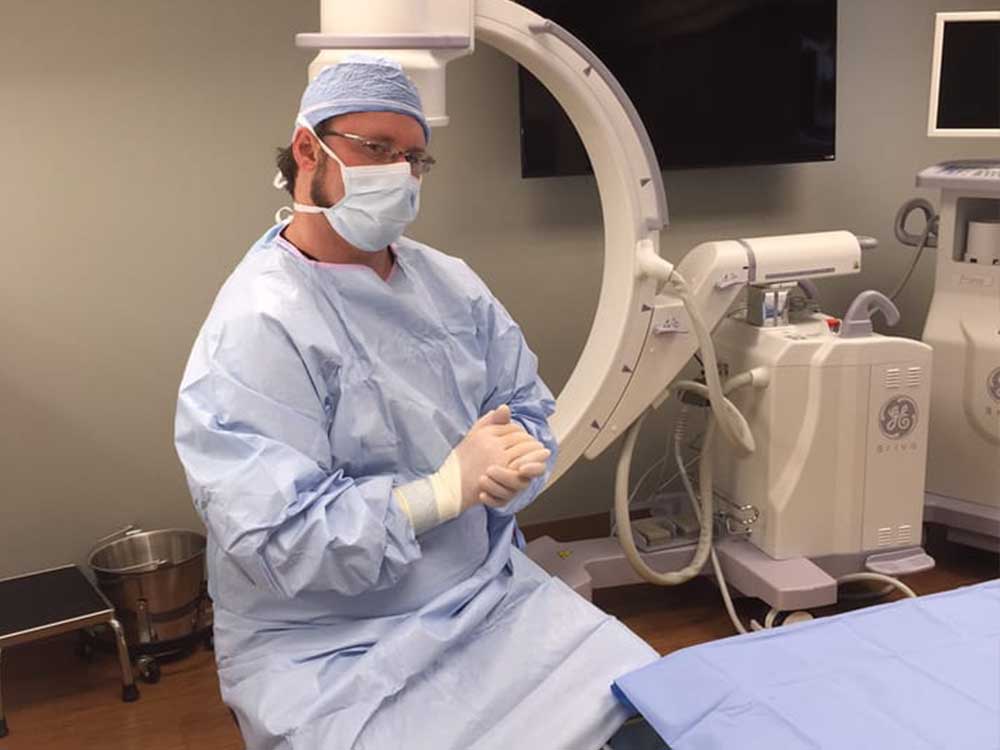
At the OrthoCure Clinic, we strive to not only identify but also heal the underlying causes of any pain and dysfunction a person feels. The goal at OrthoCure Clinic is to help people live their lives with full vitality.
Dr. Ron Hanson is our in-house expert who specializes in the research, development, and utilization of advanced cellular therapies. His expertise combined with his passion for minimally invasive healing procedures makes OrthoCure Clinic the perfect place for patients.
We understand that it takes a village to help a patient on their journey to healing. Call us at (612) 800-5096 to schedule an appointment with us today!

